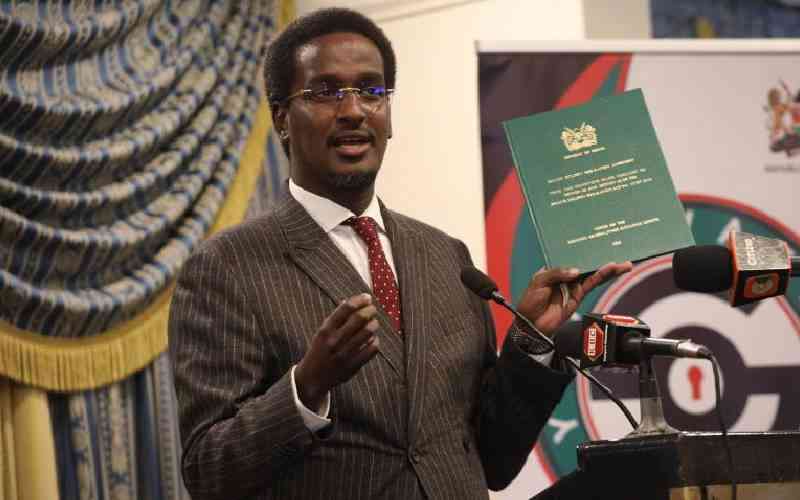×
The Standard e-Paper
Stay Informed, Even Offline

Some private security providers want the law to be categorical on fees payable for registration and licensing of private security firms by the size of the company.
The government last month published four draft regulations aimed at reforming the private security sector that had remained unregulated for a long time.